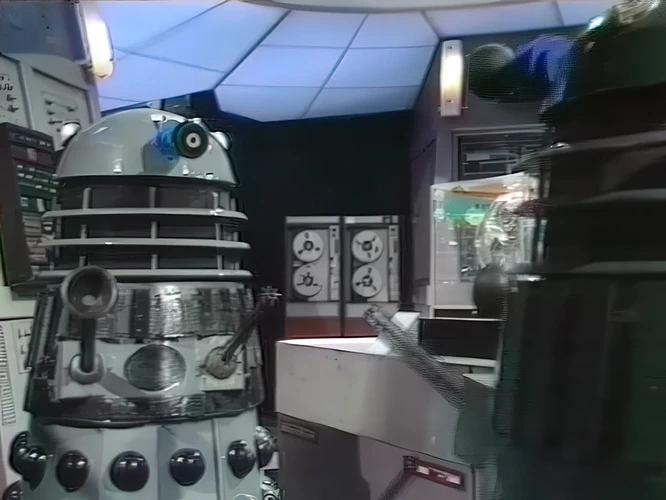The Den by Ben Jackson
@radiosity
Adventure, Mystery, Puzzle • An hour and a half • Choice-based • Twine
Other than the (likely unintentional) assonance/rhyme formed by the title and the author’s name (“den”, “Ben”), the title is very straightforward. It describes the setting of the game in a blunt and brief way that is strangely foreboding. The goal is to escape this Den, so maybe the title does a good job of somehow illustrating how ominous the place is.
The tags are straightforward, and it seems to be an escape-the-room(s)-type game where you solve puzzles to dramatically make your way out. The “mystery” part suggests that there may be a greater puzzle to solve, though. Who are you? Why are you here? What, really, is the Den?
The cover has what looks to be a man and a woman holding hands, and the blurb names them “Aiden” and “Vee”. Adam and Eve, perhaps? Now that I’m on this biblical journey, I can’t unsee the similarities. They’ve been living in paradise for a long time, overseen by a protective Father. Something happens, making them want to leave where they’ve been: the Den. If you read “the Den” using a long e sound (ee) for “the”, there’s another allusion: Eden.
TLDR: Biblical Ben and a Father playing Mother Hen

